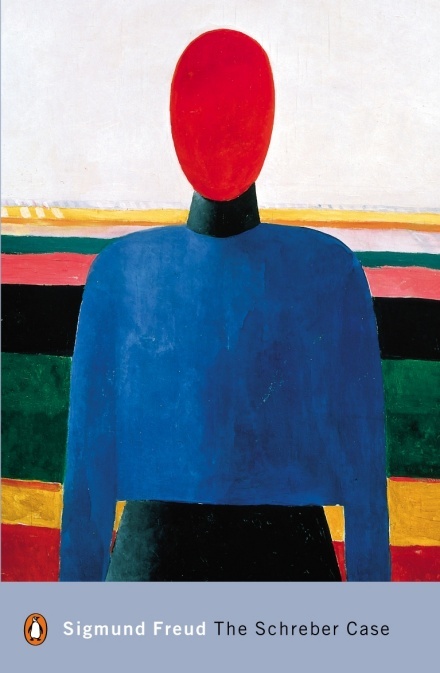




Jennifer Connelly, Kiefer Sutherland, and Rosemary Traynor in Dark City (1998)
The manipulations are carried out by a human doctor, Daniel P. Schreber, the namesake of the German judge on whose memoirs Sigmund Freud based his 1911 monograph on paranoia. With a syringe, the doctor first extracts memory fluids through people’s foreheads. He mixes them—the painful memory of a great love, a dose of unhappy childhood, youthful rebellion, a death in the family—and injects the preparation into other individuals. The resulting people look just as they did before imprinting but have different memories. So who are they?


Book cover
About the book
In 1884, the distinguished German jurist Daniel Paul Schreber suffered the first of a series of mental collapses that would afflict him for the rest of his life. In his madness, the world was revealed to him as an enormous architecture of nerves, dominated by a predatory God. It became clear to Schreber that his personal crisis was implicated in what he called a “crisis in God’s realm,” one that had transformed the rest of humanity into a race of fantasms. There was only one remedy; as his doctor noted: Schreber “considered himself chosen to redeem the world, and to restore to it the lost state of Blessedness. This, however, he could only do by first being transformed from a man into a woman….” - NYRB

About the book
The Schreber Case is distinctive from the other case histories in that it's based on the memoirs of a conjectural patient. Schreber was a judge and doctor of law who lived according to a strict set of principles. His nervous illness first manifested itself as hypochondria and insomnia - which he put down to his excessive workload - but gradually deteriorated into pathological delusion. Believing himself to be dead and rotting, Schreber attempted suicide, and then went on to experience bizarre delusional epsiodes whereby he belived he was being turned into a woman. The course of this extraordinary illness is analysed by Freud in his search for a root cause - could it have been caused by homesexual impulses that Schreber tried to repress? - Penguin Books

Inspired by the homonymous book by Fernando Vidal and Francisco Ortega, this timespace presents the authors' genealogy of the cerebral subject and the influence of the neurological discourse in human sciences, mental health and culture.